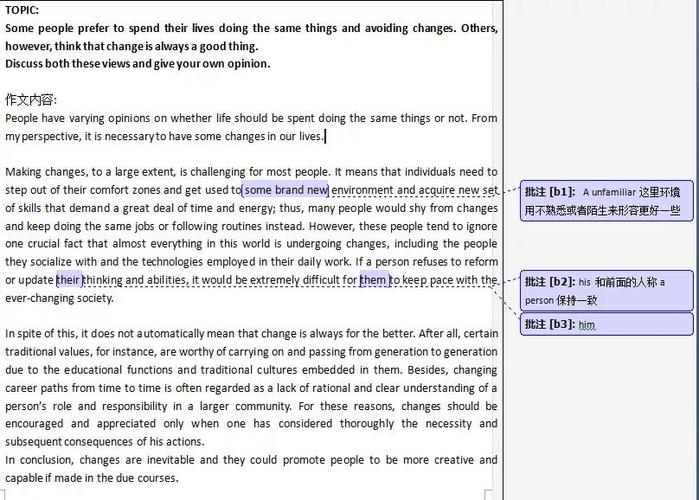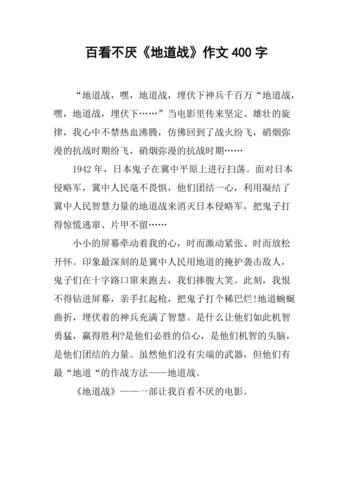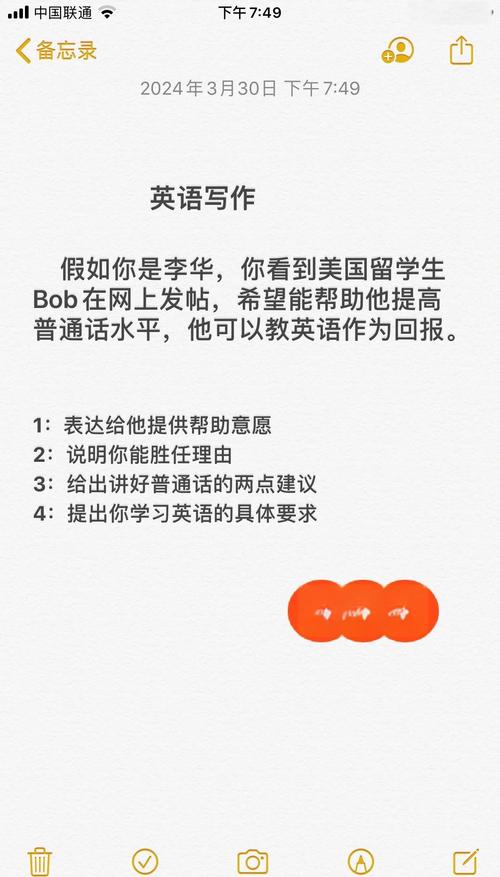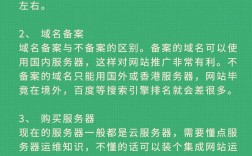要想让六级作文更地道,关键在于摆脱中式英语的思维束缚,从词汇选择、句式结构、逻辑衔接、文化语境等多个维度进行打磨,地道表达不仅是语言层面的准确,更是符合英语母语者表达习惯和思维方式的呈现,以下从具体技巧和实例分析入手,详细拆解如何提升六级作文的地道性。

词汇选择:精准化与场景化
词汇是作文的基本单元,但“高级词汇”不等于“地道词汇”,很多考生误以为用生僻词就能体现水平,结果反而导致表达生硬,真正的地道词汇讲究“精准匹配”和“场景适配”。
要避免“一词多用”的机械思维,中文里“重要的”在英语中可根据语境分为“crucial”(至关重要的)、“vital”(必不可少的)、“significant”(意义重大的)、“indispensable”(不可或缺的)等,以“科技发展对现代社会很重要”为例,若强调其不可替代性,用“indispensable”比“important”更地道:“Technological development has become indispensable to modern society.”
注意动词的动态感和具体性,中文倾向用“做”“搞”等宽泛动词,但英语更倾向用具体动词。“解决问题”不应总译为“solve the problem”,根据问题性质可调整为“tackle the issue”(处理问题)、“address the challenge”(应对挑战)、“resolve the conflict”(化解冲突),描述“人们使用手机”时,“use”过于平淡,用“rely on”(依赖)、“utilize”(利用)、“immerse themselves in”(沉迷于)更能体现不同语境下的语义差异。
要积累“主题词汇库”,针对六级常考话题(如教育、科技、环境、文化),需掌握该领域的地道表达,讨论“环境污染”时,“industrial emissions”(工业排放)、“ecological balance”(生态平衡)、“carbon footprint”(碳足迹)等术语比“pollution”“environment”更专业;谈及“文化保护”时,“cultural heritage”(文化遗产)、“intangible cultural heritage”(非物质文化遗产)、“cultural assimilation”(文化同化)等词汇能体现深度。

句式结构:多样化与韵律感
中式英语作文常陷入“主谓宾”的单一句式陷阱,句子缺乏长短结合、主被动交替的变化,导致表达呆板,地道的英语句式讲究“逻辑层次”和“节奏感”。
在句式多样性方面,可灵活运用从句(定语从句、状语从句、名词性从句)、非谓语动词(不定式、动名词、分词)、倒装句、强调句等,表达“因为科技发展,人们的生活方式发生了巨大变化”,若简单写“Because of technology, people’s lifestyles have changed”,显得平淡;改为“Driven by technological advancements, the way people live has undergone tremendous changes”,现在分词短语作状语,既简洁又富有动感,再如,用“It is through education that individuals can unlock their potential”强调句替代“Education helps individuals unlock their potential”,能增强语气。
长短句结合是提升韵律的关键,短句干脆利落,适合表达核心观点;长句逻辑严谨,适合展开复杂论述。“Technology has revolutionized communication. It connects people across continents instantly. However, this convenience has also led to the decline of face-to-face interactions.” 三句话长短交替,节奏明快,而若需详细分析“远程办公的利弊”,可用长句:“While remote work offers employees flexibility and reduces commuting time, it also poses challenges such as blurred work-life boundaries and potential feelings of isolation.”
逻辑衔接:自然化与隐形化
很多考生的作文逻辑词使用生硬,如“firstly, secondly, thirdly”机械堆砌,或“so, because”滥用,导致衔接僵硬,地道的逻辑衔接是“隐形”的,通过语义连贯和过渡词的自然融入实现。

段落内部的逻辑推进需注重“启承转合”的自然过渡,提出观点后,用“Specifically”“To be precise”展开细节;转折时,“Yet”“Instead”“On the contrary”比简单的“but”更正式;总结时,“In essence”“Ultimately”“All things considered”能提升概括性,以“环保话题”为例:“Individuals play a vital role in environmental protection. Specifically, reducing single-use plastics and adopting public transportation can significantly lower carbon emissions. However, government policies are equally indispensable. Without stricter regulations on industrial waste, individual efforts may yield limited progress.” 这里“Specifically”展开细节,“However”自然转折,逻辑流畅。
段落间的衔接需避免“标签化”,可使用“Beyond individual actions”“From a broader perspective”等短语承上启下,而非生硬的“First paragraph... Second paragraph...”,第一段讨论“个人环保责任”,第二段可过渡为:“Beyond individual actions, collective efforts at the societal level are equally crucial.”
文化语境:贴合性与得体性
语言是文化的载体,地道的表达需符合英语国家的思维习惯和价值观,避免中式逻辑和文化冲突。
在观点表达上,英语更倾向“客观理性”而非“绝对化”,中文常说“我们必须保护环境”,英文若译为“We must protect the environment”显得强硬,改为“It is imperative for us to protect the environment”或“Protecting the environment is of paramount importance”更得体,讨论争议性话题时,需体现“多角度思考”,如“While some argue that..., others contend that...”而非直接否定对方观点。
在文化负载词的处理上,需避免直译。“望子成龙”若译为“hope children become dragons”,会让英语母语者困惑,应意译为“hope children achieve great success”或“have high expectations for children’s future”,涉及中国特色文化时,可适当补充解释,如“Spring Festival, the most important traditional Chinese festival celebrated with family reunions and dumplings...”
修改润色:从“中式”到“地道”的打磨
初稿完成后,需通过反复修改剔除中式表达,可从以下三步入手:
- 对照检查:将中文思维直译的句子(如“我很喜欢英语”译为“I very like English”)改为“I am fond of English”或“I have a passion for English”。
- 替换冗余:删除不必要的词,如“because of the reason that”简化为“because”;“in order to”可简化为“to”。
- 朗读调整:通过朗读感受句子节奏,拗口的往往是中式表达。“他虽然很忙,但他还是来了”改为“Busy as he was, he still came”更符合英文倒装习惯。
实例对比:中式表达 vs 地道优化
| 中式表达 | 地道优化 | 分析 |
|---|---|---|
| Now more and more people use mobile phones. | The proliferation of smartphones has transformed how people communicate. | “Proliferation”体现“普及”的动态感,“transformed how people communicate”更具体。 |
| We should protect the environment. | Environmental protection is an urgent imperative that demands collective action. | 用名词化结构“Environmental protection”作主语,更正式;“imperative”增强语气。 |
| Learning English is useful for our future. | Proficiency in English not only enhances career prospects but also fosters cross-cultural understanding. | “Proficiency”精准替代“learning”;“not only...but also”体现逻辑层次。 |
相关问答FAQs
Q1:六级作文中如何避免“高级词汇滥用”?
A1:避免为“高级”而高级,核心是“精准匹配”,首先明确词汇的语义场和适用语境,big”在“big problem”中可用“serious”替换,但“big house”用“large”更自然,优先掌握“短语动词”(如“give up”而非“abandon”,“look into”而非“investigate”),它们更地道且不易出错,通过阅读外刊(如《经济学人》《纽约时报》)积累词汇在真实语境中的用法,而非单纯背单词书。
Q2:如何提升作文的逻辑衔接感,避免生硬使用过渡词?
A2:逻辑衔接的本质是“语义连贯”,过渡词只是辅助,构建清晰的段落提纲,确保每段有明确的主题句和论证层次,这是逻辑流畅的基础,用“代词指代”(如用“it”指代前文概念)、“同义替换”(如前文用“environmental protection”,后文用“ecological preservation”)实现隐形衔接,过渡词的使用需多样化,例如表递进可用“furthermore”“moreover”“what's more”,表转折可用“yet”“nevertheless”“conversely”,避免重复,通过多模仿范文中的衔接方式,逐步培养“逻辑直觉”。











